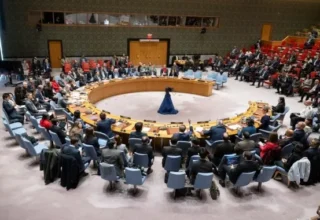
Over-confidence is leaving consumers in Pakistan open to becoming victims of fraud, according to Visa’s latest Stay Secure study released today.
Despite more than half of respondents (56 percent similar to the global average) claiming to be savvy enough to sidestep online and phone scams, the reality is that nine out of ten (91 percent; similar to global) are likely to disregard the warning signs that suggest online criminal activity.
Conducted by Wakefield Research in countries across Central and Eastern Europe, the Middle East, and Africa (CEMEA), Visa’s 2023 Stay Secure Study finds that just over one in two people (52 percent) in Pakistan has been a victim of a scam at least once, similar to the global average. Even more alarming is the finding that 21 percent of the victims have been tricked multiple times, against the global average of 15 percent.
“In today’s digital-first world, scams are evolving in sophistication with criminals using new approaches to trick unsuspecting consumers. Whether it’s a parcel held up at customs, a streaming subscription claiming to have expired, or a free voucher for a favorite brand, scammers are adopting extremely persuasive tactics to deceive their victims. With the rapid growth in digital payments, it is essential now more than ever that consumers in Pakistan understand the language of fraud and act with a high level of caution,” explains Leila Serhan, Senior Vice President and Group Country Manager for North Africa, Levant and Pakistan (NALP), Visa.
The Stay Secure Study is a part of Visa’s annual Stay Secure Campaign, which reflects Visa’s commitment to raising consumer awareness, strengthening education, and building confidence to combat social engineering threats. The campaign aims to pave the way for a secure and seamless digital payment experience.












































